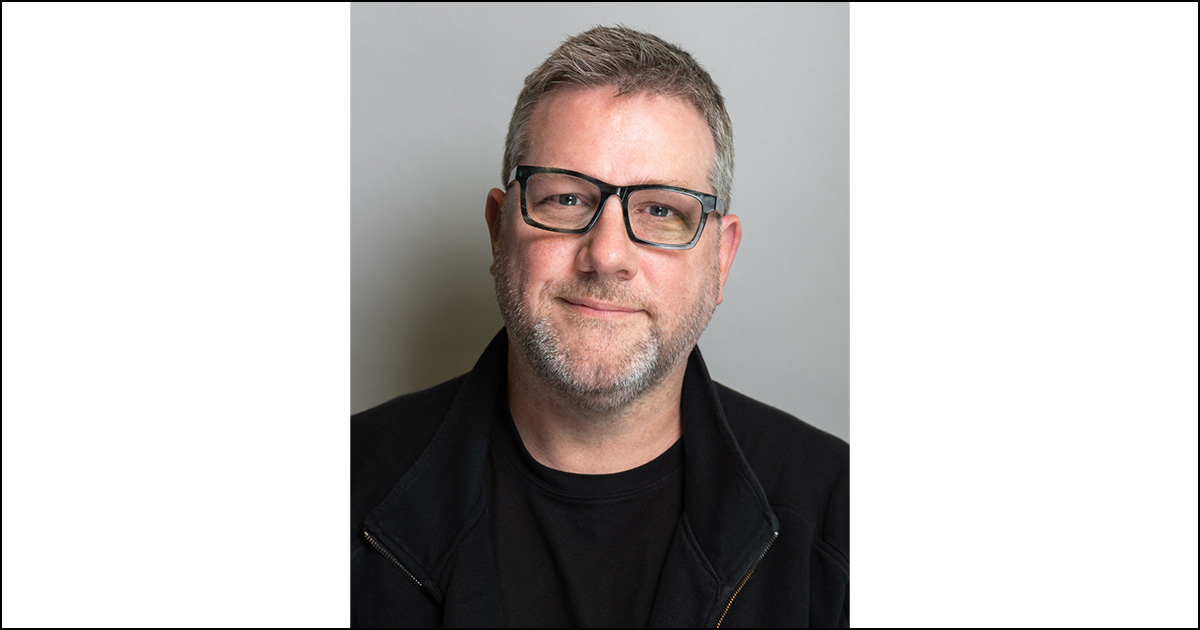Solving the ‘Triangle of Dysfunction’
The Origin Story of Upright Position Communications

Last Updated: By TRUiC Team
Public relations can be a tricky business. You have to meet the sometimes-conflicting needs of your clients, journalists, and whatever PR firm you work for.
Paul Wilke, CEO and founder of Upright Position Communications, thinks his company has nailed that balance, in part because everyone at the firm is an ex-journalist or has a PR background. This is its origin story.
‘The Games Agencies Play’
From the beginning, Paul knew he wanted to start a PR firm that was different from where he had previously worked.
“I had just wrapped up working in-house at Splunk, where we had just finished working on their IPO, which had followed work I had done a few years earlier in-house at Visa, working on PR and communications around their IPO,” he says. “After working on both of those, I realized that I enjoyed working on IPOs and wanted to create a company that could harness that experience and excitement, not just for companies going through IPOs, but also for companies that were on an upward trajectory and needed a communications infrastructure to go along with that. That was at the heart of what I tried to create with Upright.”
He also knew he wanted to deemphasize or eliminate a lot of things in PR that he didn’t enjoy doing, like “the puffery [and] bureaucracy, the games agencies play with clients on billing and teams, along with the kowtowing.”
“Clients, PR people, and journalists speak different languages and have different needs,” he says. “That’s what I call the triangle of dysfunction. My goal was to soften each point of the triangle in a way that, strategically, all three parties could get what they wanted, meet their goals, and work efficiently with each other. Those of us in the PR industry serve our clients, but we also serve journalists…so much so that they’re probably more important to us than our clients are. As the middle-man, we have to preserve our integrity so that we can effectively serve both audiences.”
An ‘Old-School PR Firm’
Paul calls Upright Position Communications an “old school PR firm” that focuses on employing people with the right sorts of experience to smooth out the triangle of dysfunction. “Everyone at Upright is either an ex-journalist, ex-in-house PR person or has a large-PR-firm background. We do media relations, we do writing, we develop content for our clients.”
He adds that although most of the firm’s clients are late-stage startups, it also has series A and series B clients, as well as clients about to go public.
What else makes Upright different? “I think it's our ability to kick the tires,” he says. “PR people are people pleasers. It's our nature…. We're fixers at heart. One of the things that took me a lot of time to realize is you can be a people pleaser, but you can also say no. You can say this isn't going to work out.”
Strategic Thinking, Speaking the Language
Along the same lines, he emphasizes the importance of strategic thinking. “My instinct now versus 20 years ago is [to ask] why are we doing this? Why do you think this is a great idea? Press releases on their own aren't a great strategy – they're not a strategy at all. So let's step back and say, okay, let's think strategically about this. And we try to do that with everything we do. I feel like we're as much writers and content developers as we are counselors. We provide counsel to our clients. We provide therapy sometimes.”
Paul also appreciates the importance of working with people who speak the language of PR. “One of the things that I learned… when you work in-house for a company is that it is focused on a certain area like tech,” he says. “You're surrounded by people that don't speak your language. They're not communications people. They're not PR people. They're developers.”
By contrast, everyone at an outside PR firm knows that business. “They understand what you're talking about. They understand what you're trying to achieve. [As a client], I appreciated an agency that I could riff with – I could say, is this a good idea? Is this a bad idea? The CEO says they want to do this, but I'm not sure it's the right thing to do. That's invaluable to a client.”
What’s Next for Upright Communications
Paul says that during the pandemic, the company started a video production company called Walking Duck Productions that focuses on generating video content for clients. He thinks that idea has legs going forward.
“What we've found is there's an audience for companies who want clean content – interesting things like focus groups, things they can put online, [and] panel discussions over Zoom that… have a professional look to them but don't cost a lot to produce,” he says. “We found very quickly that people don't like dialing into webinars, but they'll gladly download a panel discussion or a webinar that was already aired. So why don't we just record it and make it available instead of going through this song and dance of [logging] in? Let's just make the video and put it out there.”
He also notes that this sort of content is versatile. “[It] can be cut, sliced, and diced in so many ways. You can put the full panel discussion out there on YouTube for people to watch, or you can snip it into sound bites that you can send to reporters, or you can order a transcript and write three or four blog posts from it. It's a great way to create economies of scale for developing content that you can use in so many places. And I've become a very big fan of doing that. And thankfully some of our clients have too.”





